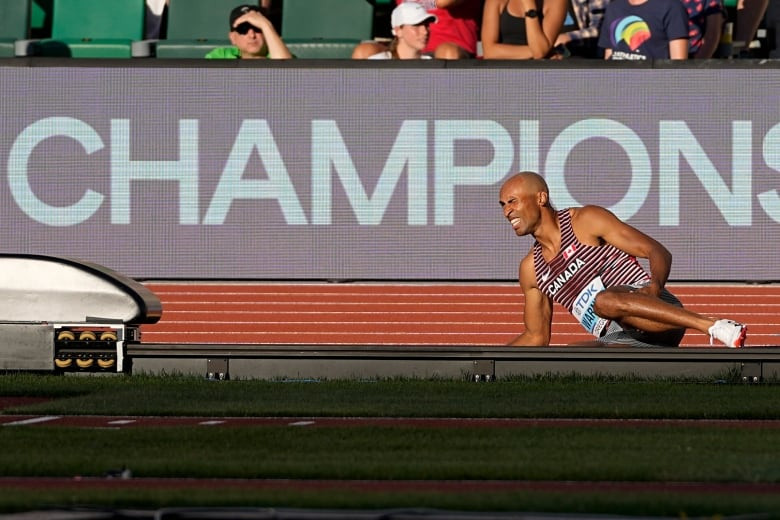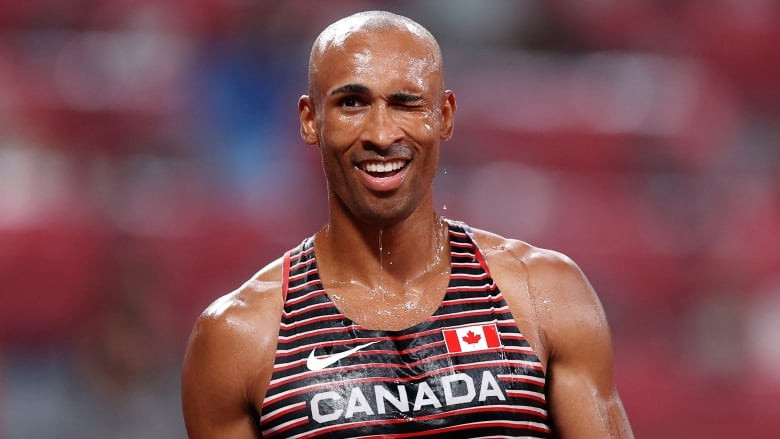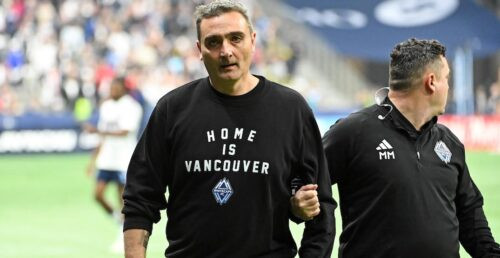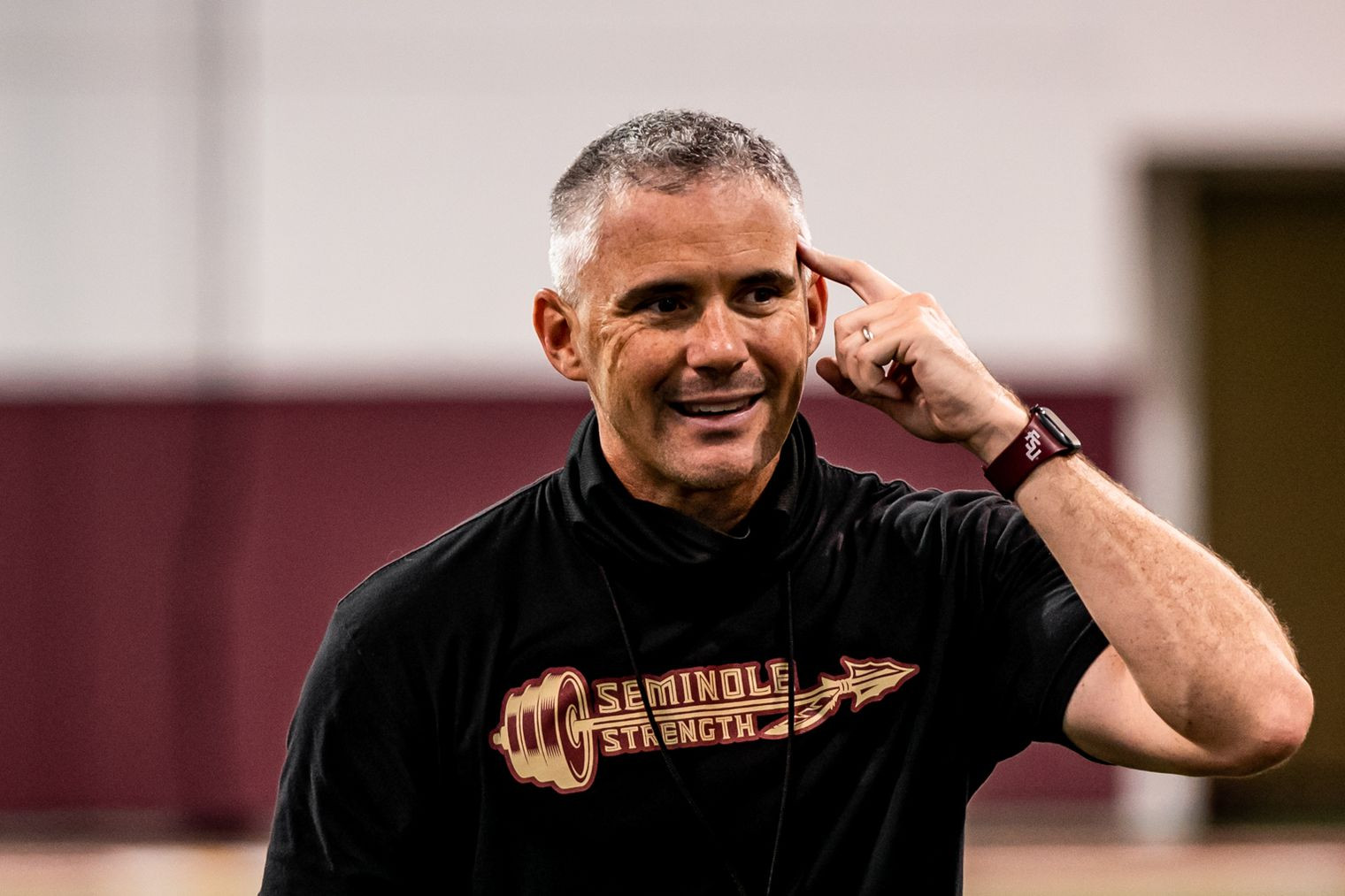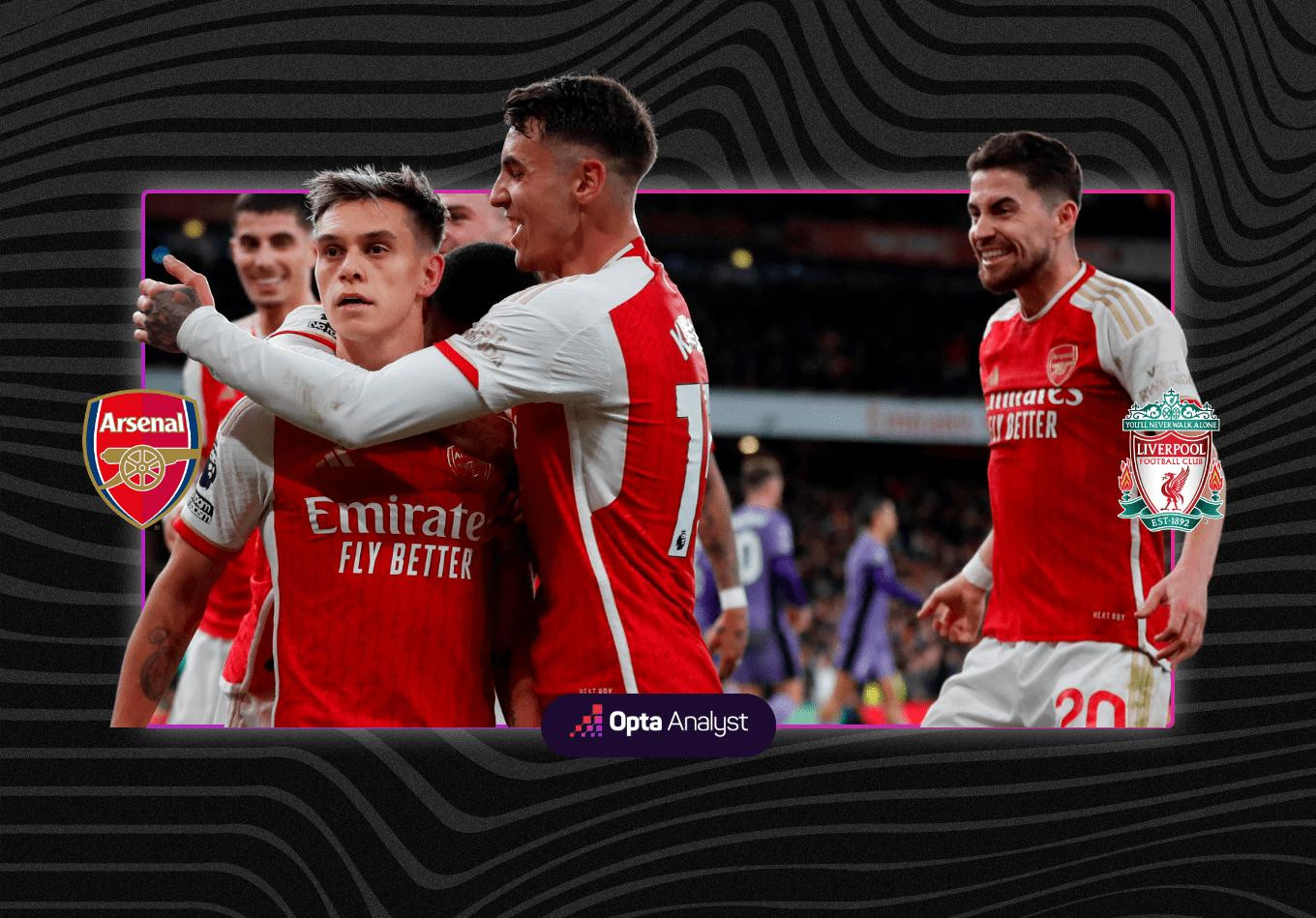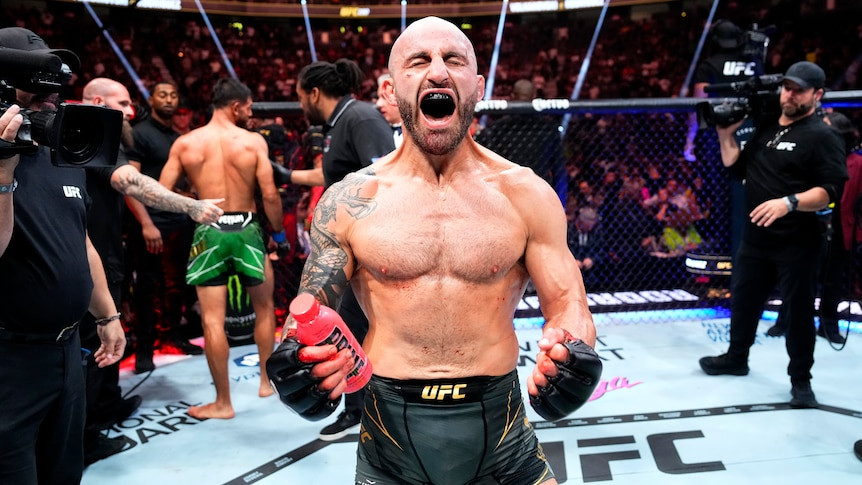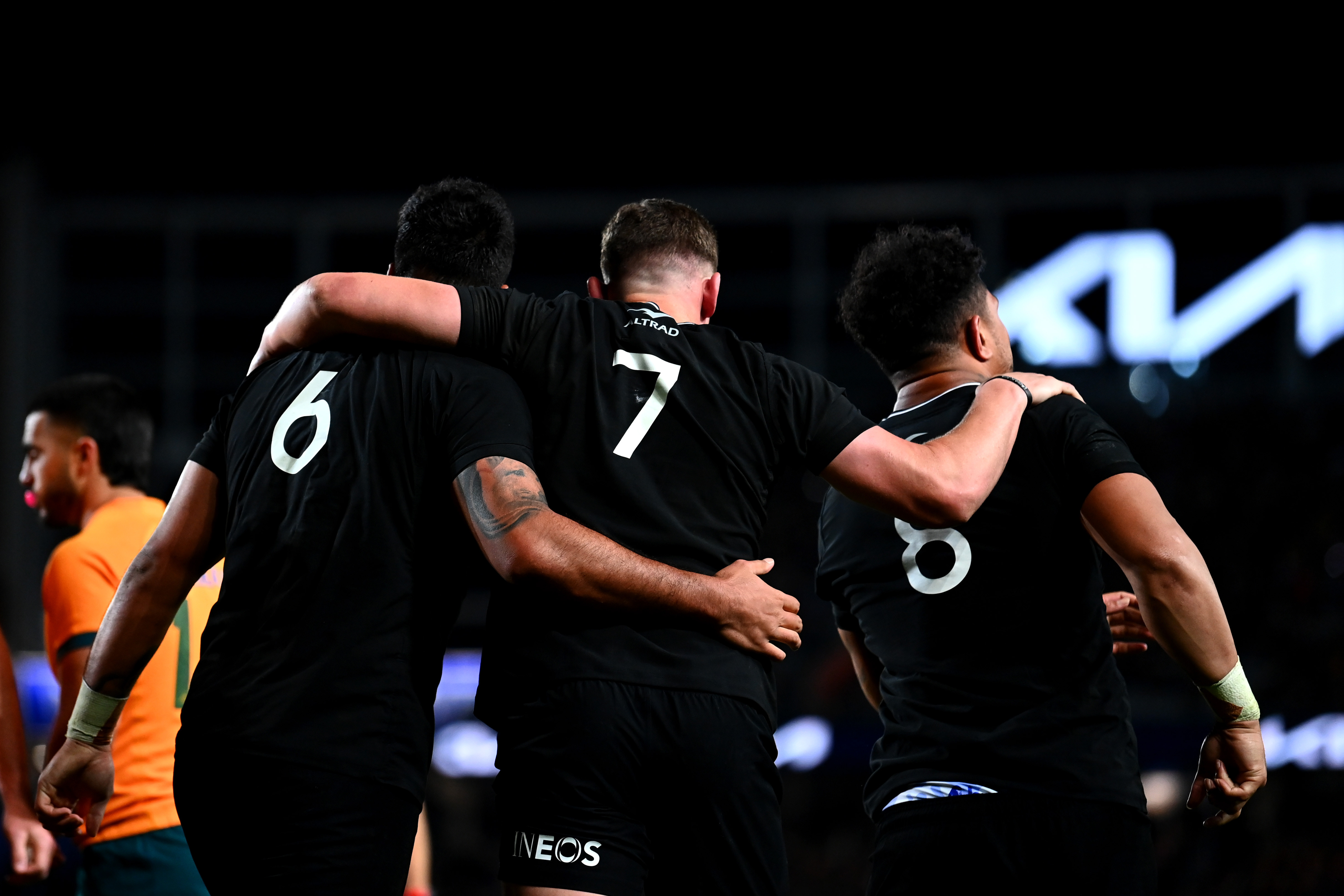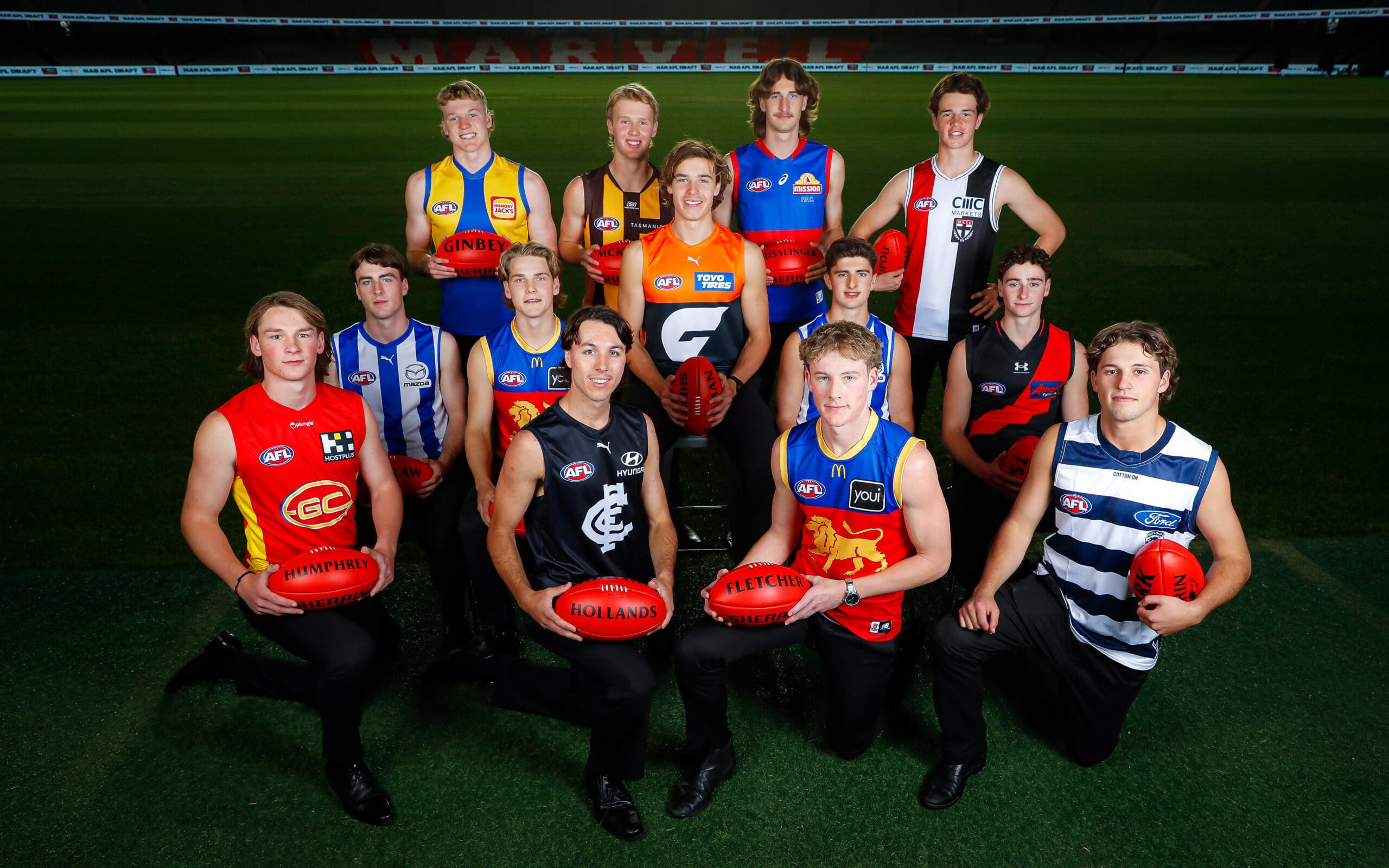The second week of the Paris Olympics began with another action-packed day as a number of sport’s biggest names made an appearance on Monday.
On the track, Sweden's pole vaulter Armand Duplantis won gold and then broke the world record with a magnificent attempt of 6.25metres.
American sprinter Noah Lyles returned to the track just one day after he was crowned the fastest man in the world in one of the most thrilling 100m finals in history, winning his 200m heat at the Stade de France.
Lyles' compatriot Valarie Allman took gold in the women's discus, while Britain's Keely Hodgkinson won a dominant gold in the women's 800m as Monday also marked the first appearance of track cycling at the Velodrome National.
There was disappointment for superstar gymnast Simone Biles earlier in the day as she missed out on the chance to add to her incredible haul of seven Olympic gold medals, though she did come away from the women’s floor exercise final, the last gymnastics event of these Games, with a silver.
A Champion's Fall: Damian Warner's Decathlon Disappointment
“This isn’t quite the press conference that I was hoping to have when I envisioned my experience here at the Olympics.”
That was how a thoroughly disappointed Damian Warner met Canadian media on Sunday at Paris 2024, the day after the defending Olympic champion bowed out of the decathlon following three consecutive missed attempts in pole vault.
“The decathlon started off not exactly as I wanted, but I was exactly where I needed to be the first day,” Warner said of being in fourth-place after the first five events. “I was motivated to fight to the finish.”
Becoming emotional, Warner expressed his deep disappointment. “I wanted to stand on top of the podium again for Canada but unfortunately I just wasn’t able to do that.”
When asked who decided on the pole vault height at which he would begin, Warner responded: “4.60 is a typical height that I would come in at. I had a pretty solid warm up so I was pretty confident that I was gonna clear that height. Maybe I shouldn’t have been so confident, actually.”
Some natural elements at the Stade de France affected the 34-year-old’s pole vault approach.
“The wind kind of changed a decent amount from the time that I took my last warm up jump to the time that I took my first attempt. It was about 45 to 50 minutes and the wind changed quite a bit. But I was just on the wrong pole and a whole bunch of other variables came into play and I wasn’t able to clear the height.”
Warner, forlornly reflected on that shocking moment, pondering whether he should have started at a lower height. “It’s always so easy to look back in hindsight to be like, maybe we could have came in a little bit earlier.”
After a moment’s reflection, the four-time Olympian altered that sentiment and said, “[…] at the same time, we’re here to try to win a gold medal and there’s no room to play it safe and, yeah, the decathlon can be quite brutal sometimes.”
The Pain of Not Finishing
A decathlete is not obligated to exit a competition if they don’t score any points in a particular event. Asked why he did so yesterday, the eight-time champion of the famed Götzis Meeting responded:
“I decided to drop out because this, may sound crazy, but that’s the most painful thing to do. I pride myself on finishing decathlons, but at the same time, I pride myself on being consistent. So when I drop out of a competition after a mishap like pole vault, it’s tough and it’s really hard on me. But that gives me the best opportunity to grow because I don’t want that feeling to happen again.”
Warner is determined to compete in his beloved decathlon on the world stage again.
“My plan was to come to these Olympics and then after that, take it year by year,” he said. “As I sit here, I know that I want to compete at the world championships next year in Tokyo but after that, it’s just gonna go year by year.
“I still love the decathlon. I feel like I still have so much to improve on in the sport. I plan on doing the sport until that goes away. I hope it’s not anytime soon.”
On the brink of tears, Warner fondly reflected on the far-reaching impact his athletic accomplishments have had on young athletes.
“After the decathlon was finished [on Saturday], people were coming up to me and little kids that are 13, 14 years old that started the decathlon from Germany and they’re like, ‘you’re my idol, you know, like, I got involved in the decathlon because of you’.”
Warner, clearly proud to be an ambassador of sport, appears to be bolstered by the fact he has made a positive impact, in spite of his Paris 2024 result.
“It’s a really special thing to know that I’ve kind of left a really good mark on this sport and I hope to continue to do so and continue to lead by example.”
Prompted by a reporter’s question, Warner shared a heart-warming moment he had, following yesterday’s disappointing competition, with his three-year-old son Theo, who is back home in London, Ontario.
“He says, ‘Dad, I’m so sorry, but we’re making a cheesecake and you’re not’, so awesome,” Warner responded with a warm smile, understanding what is his most important role in life. “Perfect.”
The Decathlon is Pain: A Perspective on the Athlete's Mental Toughness
Shortly after losing at the previous Summer Olympics to Damian Warner, France’s Kevin Mayer defined what they both do for a living.
“The decathlon is pain,” a devastated Mr. Mayer said. That was his second consecutive Olympic silver.
On Sunday, after he’d no-heighted in the pole vault the day before, Mr. Warner tried to explain that ethos himself. He’d failed to make a single jump, toppling out of a medal spot and then dropping out of the competition. From a gold medal to a DNF – this man has now traversed the entirety of the Olympic experience.
By Mr. Warner’s telling, a few small things had gone wrong in the biggest moment. He’d had an encouraging practice and convinced himself that the height he chose to start at – 4.60 metres – was doable.
But in the hour between practice and the real thing, the winds had literally shifted. Good conditions turned bad. Only a handful of his colleagues reached their usual heights.
On his second jump, Mr. Warner stuck his pole in a slot in which another competitor had left a plug. He was allowed to jump again, but that undermined his confidence.
In hindsight, he said he should have changed to a shorter pole, but he didn’t do that. Then the opportunity was gone.
“Yesterday, I was quite emotional,” he said. “At the same time, I can’t dwell on that forever.”
At this point, 24 hours had passed.
By now, everyone knows Mr. Warner’s made-for-TV-movie backstory. How he was a basketball player and long jumper in London, Ont., until two high-school teachers convinced him to enter the esoteric realm of all sports.
Using information gathered from the most cutting-edge training resources, such as YouTube, they all figured out how to turn one very athletic young man into the greatest all-around athlete in the world.
In Tokyo, Mr. Warner reached the summit of amateur sport – decathlete champion at an Olympic Games. Then he did the hardest you can do in his line of work – try to bend lightning so that it hits the same spot twice. And it had blown up on him.
So here he was, starting out with, “This isn’t quite the press conference I expected to have …”
For much of his remarks, Mr. Warner was as he usually is – warm, thoughtful, detail oriented. Few athletes of his calibre are better at explaining what they do, both granularly and philosophically.
But when he began to veer into what this all means to him, he began to lose it just a little. His eyes got glassy and he began gulping hard.
“All the important people I have in my life are from this sport.”
Gulp.
“To say that I’m a four-time Olympian is a really cool thing. Because I never thought that I’d get to one.”
Gulp and a pause.
Those emotions Mr. Warner talked about only surfaced for a moment, so you could only guess at their depth.
In the totality of an Olympics, Mr. Warner’s disappointment will not make much of an impression. Plenty of people are disappointed here. Winners get to talk about winning forever, but losers only get one chance.
It was here that Mr. Warner said something you don’t hear in sports. Something about the masochistic nature of a great athlete, or any other sort of great artist. In order to be the best at something, you have to be willing to punish yourself.
Some may have thought leaving the competition was a sort of giving up. Mr. Warner sees it differently.
“I think to 2018 when I went to the Commonwealth Games. I no-heighted in the pole vault. I had this idea to continue, but ultimately I decided to drop out – this may sound crazy – but that’s the most painful thing to do. Not finishing the decathlon.
“When I drop out of a competition after a mishap like the pole vault, it’s tough. It’s really hard on me. But that gives me the best opportunity to grow.”
So Mr. Warner didn’t give up on the decathlon. To his way of thinking, continuing would have been easy. He described how afterward, he might’ve been able to tell himself that he did well. He finished X or Y points off the lead. If he hadn’t messed up just a little, he might be a medalist.
“I don’t think that’s fair,” he said. “I didn’t perform well on that day, and I have to suffer the consequences.”
In other words, Mr. Warner chose pain.
You don’t see much obvious pain at the Olympics, but no one you’re watching on TV would be here without an absolute ton of it.
Getting up early and never taking a weekend off. Travelling half the year. Putting your life on hold. Asking the people you love to pick up your slack. All those missed memories.
Anyone who’s ever set aside the beauty of a regular life so that they can reach for a professional goal knows that pain.
In the midst of it, Mr. Warner could already see how Saturday’s failure informs the successes of the past. You can’t appreciate one without the other.
He’s 34. The obvious question: Is this it?
Mr. Warner talked about meeting Toronto Raptor great Vince Carter. Still a big basketball guy, that must have been a real moment for him.
He asked Mr. Carter when he knew it was time to quit. Mr. Carter’s answer: “When my love of the sport dies.”
Mr. Warner had that conversation with Mr. Carter in 2016. At that point, Mr. Warner was 26 years old.
He’d either just won or was about to win a bronze at Rio 2016. The best part of his career still lay ahead.
To choose that as the question you want to ask one of your idols tells you something about the man. This is someone who thinks a little differently than the average bear.
Mr. Warner said he will continue until next year’s world championships. From that point on, he’s going year by year.
For right now, he will take some time to explore the limits of bittersweetness, in a way that should comfort anyone anywhere doing anything.
“I’ve been able to have tears of joy, but also tears of pain,” Mr. Warner said, smiling gently. “One way is better than the other, but that’s life. … You have to live it.”
The End of the Road?
Damian Warner’s shocking withdrawal from the decathlon at the Paris Olympics serves as a poignant reminder of the sport's brutal reality and the indomitable spirit of a true champion. While his journey may be far from over, the emotional toll of the event and the question of his future in the sport remain at the forefront. We can only hope that he will continue to inspire generations of athletes, even if the path ahead is uncertain and potentially riddled with more setbacks.




